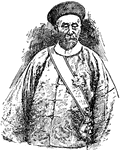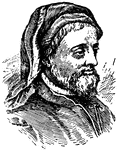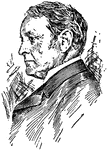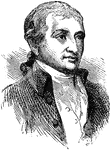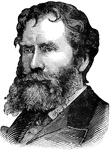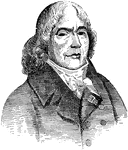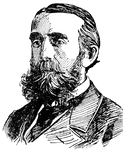Clipart tagged: ‘Diplomat’
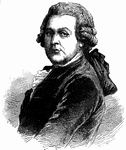
Charles Francis Adams
(1807-1886) Diplomat and member of the House of Representatives. He was able to lobby to keep Britain…
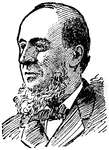
J. B. Angell
(1829-1916) American educator, editor of the Providence journal and minister to China and Turkey
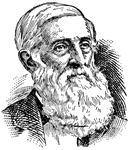
George Bancroft
(1800-1891) Historian and diplomat that wrote a 10 volume History of the United States and established…
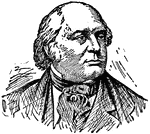
James Bruce, Eighth Earl of Elgin
(1811-1863) English statesman, colonial administrator and diplomat.
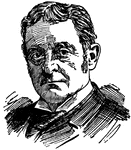
Joseph H. Choate
(1832-1917) Lawyer and diplomat who achieved major success as ambassador to Great Britain.
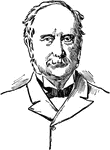
David Dudley Field
David Dudley Field II (February 13, 1805 - April 13, 1894) was an American lawyer and law reformer.
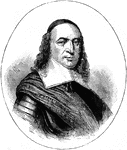
Benjamin Franklin
Benjamin Franklin (January 17, 1706 – April 17, 1790) was one of the Founding Fathers of the United…
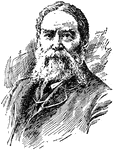
James Russell Lowell
(1819-1891) American poet, critic, essayist, orator and diplomat most famous for The Vision of Sir Launfal.
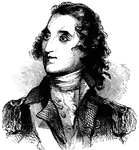
Thomas Pinckney
(1750-1828) American diplomat and soldier that served in the American Revolutionary war.
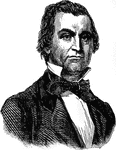
William Lowndes Yancey
William Lowndes Yancey (August 10, 1814 – July 27, 1863) was a journalist, politician, orator,…
